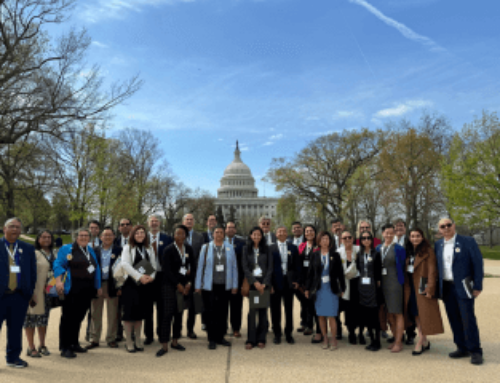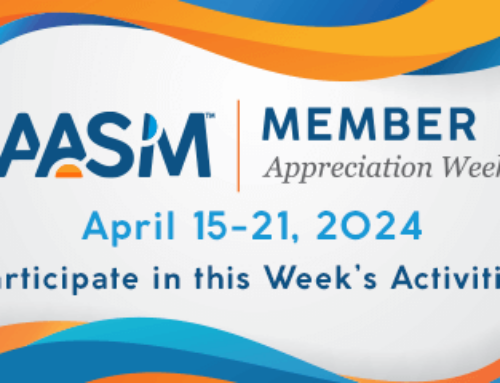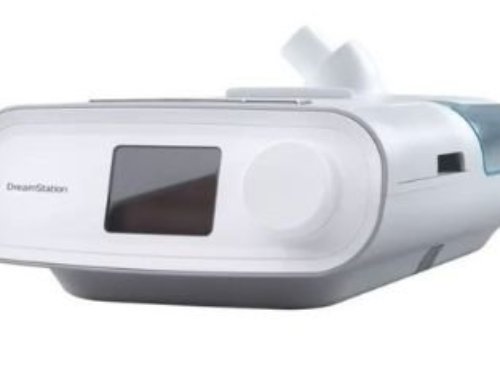DARIEN – The American Academy of Sleep Medicine (AASM) today issued a health advisory warning of the significant role insufficient or poor sleep may have on the development of Alzheimer’s disease, the most common cause of dementia and a leading cause of death in the U.S. According to the advisory, the AASM believes early intervention to treat a sleep disorder such as obstructive sleep apnea may help prevent or delay Alzheimer’s disease.
Epidemiologic studies of sleep show that years of chronic sleep loss or poor sleep may contribute to the gradual accumulation of beta-amyloid, a protein in the brain linked to Alzheimer’s disease. This toxic material, linked to impairment of learning and memory, may be flushed out when sufficient sleep is achieved consistently.
“Research suggests, if not proves at this point that sleep deprivation may actually increase the risk for Alzheimer’s disease,” said Dr. Ronald Chervin, AASM past president. “These findings highlight two take-home points. First, good sleep, for enough hours each night, should be a priority for anyone who cares about the long-term health of his or her brain. And second, adults who sleep poorly should speak to their physicians, or visit an accredited sleep center. The goal is not only to improve health, safety and quality of life, but quite possibly to help reduce risk for dementia down the line.”
Studies also suggest that obstructive sleep apnea, one common cause of poor sleep, may increase the risk of Alzheimer’s disease. When sleep apnea remains untreated, the ongoing, repetitive sleep disturbance, low oxygen levels or other adverse effects such as increased beta-amyloid may contribute to the progression of Alzheimer’s disease.
This year, the National Institutes of Health (NIH) held the Alzheimer’s Disease Research Summit 2018: Path to Treatment and Prevention.* Experts from government, academia, industry and nonprofit organizations recommended a roadmap for an integrated, multidisciplinary research agenda on Alzheimer’s disease and related dementias. The link to sleep disruption was also addressed. Recommendations from the summit include:
- Expand efforts to understand the mechanistic links between sleep/circadian disruption and Alzheimer’s disease and related dementias at multiple levels (epigenetic, gene expression, proteomic, neuronal, network, systems) to identify new targets and approaches for Alzheimer’s prevention.
- Identify new risk reduction strategies by remediating negative environmental exposures (e.g., lack of neighborhood safety, discrimination, poverty, lack of access to medical care, poor diet, low physical activity, social isolation, toxicants, inadequate air/light quality and poor sleep); these interventions should incorporate deep phenotyping to understand determinants of response and inform precision medicine for disease prevention.
“The AASM recommends clinicians screen adults for signs of a possible sleep disorder, such as excessive daytime sleepiness, snoring and unrefreshing sleep,” said Dr. Ilene Rosen, president of the AASM. “More research should be conducted on the effects of insufficient sleep, poor sleep and obstructive sleep apnea in the development of Alzheimer’s disease and related dementias.”
The full content of the Health Advisory can be found at:
https://aasm.org/wp-cnontent/uploads/2018/06/sleep-Alzheimers-health-advisory.pdf.
About the American Academy of Sleep Medicine
Established in 1975, the American Academy of Sleep Medicine (AASM) improves sleep health and promotes high quality, patient-centered care through advocacy, education, strategic research, and practice standards. The AASM has a combined membership of 10,000 accredited member sleep centers and individual members, including physicians, scientists and other health care professionals. For more information about sleep and sleep disorders, including a directory of AASM-accredited member sleep centers, visit the Sleep Education website.
Contact: Matt Kasik or Rebecca Raudabaugh, L.C. Williams & Associates, 800/837-7123 or 312/565-3900, mkasik@lcwa.com or rraudabaugh@lcwa.com
*Recommendations from the NIH AD Research Summit 2018 – https://www.nia.nih.gov/research/recommendations-nih-ad-research-summit-2018









